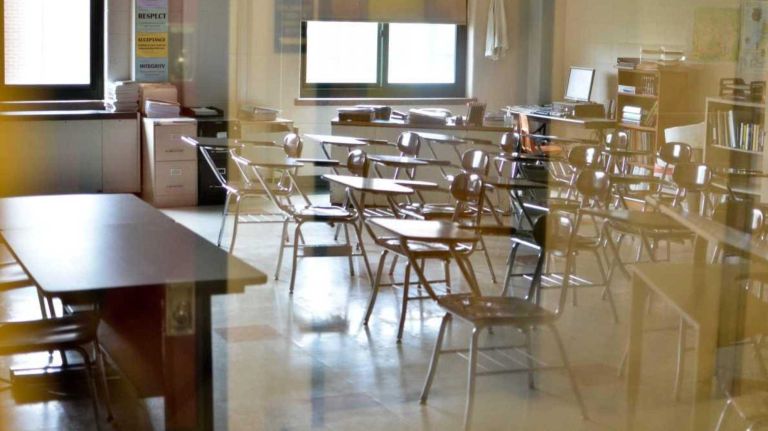
All the concern about the new Common Core curriculum standards and the standardized tests our students are taking is overshadowing another controversial issue in education: assessments for future teachers.
Having outstanding teachers is the key to success for American education. As the national discussion focuses on how we can best train teachers, 35 states have adopted the Education Teacher Performance Assessment (edTPA) as a way to prepare teachers. But as of May 1, New York joins only one other — Washington — that will use it to evaluate student teachers for certification.
The edTPA requires teacher candidates to submit at least three lesson plans covering three days of classes, sample tests, reports about their students and instructional goals, and a 15- to 20-minute video, which will be graded by education professionals. Though it is well-intentioned, the edTPA, sadly, contains too many flaws that not only significantly damage the validity of this assessment, but which also have the potential for deleterious effects on candidates and, consequently, our future teaching force.
What could be bad about an assessment that observes a teacher in the classroom, evaluates his or her reasoning, and comments about significant aspects of the teaching performance? Consider how these principles are applied:
The candidates submit their own video and unproctored commentary, with no security that it is, in fact, their own work.
The assessment may not be valid or reliable — especially when determining the passing score. In other words, do we know that this instrument can truly predict who will be an effective teacher?
The assessment may not take into account optimal teaching arrangements for varying subject areas. When is a small group arrangement better than a whole group lesson, and vice versa? Further, who determines what constitutes optimal teaching?
The assessment leaves too much to chance, including the nature and timing of the class being taught. By its very importance for the candidate’s future, it may overwhelm the student-teaching experience.
We know from decades of research that student teaching — the portion of a future teacher’s training when he or she interns in a classroom setting — is the most important part of teacher preparation. It’s where everything learned in courses must be put into action coherently, with real students, colleagues and parents.
Adding the pressure of an additional high-stakes performance assessment (to the other numerous tests teacher candidates must take) in the student-teaching semester means that all the hands-on learning is overshadowed by the burdens of the test.
This assessment doesn’t provide any more information about a candidate than faculty members already have, or that can be gleaned from program assessments and observations of student teaching. Despite some who find this assessment a good indicator of future performance, these types of evaluations provide no more transparency about performance and classroom readiness, and perhaps far fewer insights.
Developers of the assessment argue the edTPA is designed to take context into account. But there’s still a chance for considerable bias in the scoring. There are discussions about scorers becoming specialized — one scorer may grade for student participation, another may look at classroom questioning, and a third, visual representations — but that could mean the process loses its integrity. How can you isolate these tasks without considering how the pieces fit together?
I agree with State Education Commissioner John B. King Jr. — who supports this exam — that raising the competence of future teachers is important. But as we move to build strong teachers, we must first clean up this assessment’s flaws.
Alfred S. Posamentier is dean of the School of Education at Mercy College in Dobbs Ferry.































